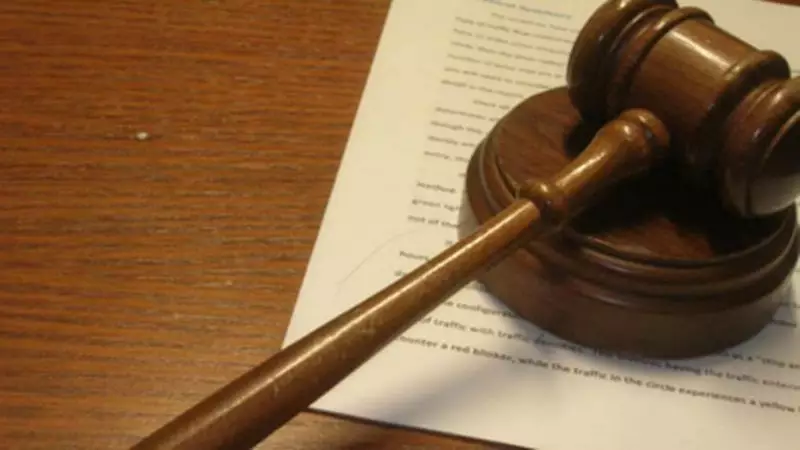
In a remarkable verdict that highlights the importance of forensic evidence in criminal cases, a Delhi court has acquitted a man who spent 12 long years fighting forgery charges. The case, which revolved around a disputed cheque, finally reached its conclusion when meticulous handwriting analysis revealed crucial discrepancies that proved the accused's innocence.
The 12-Year Legal Ordeal
The accused had been embroiled in a legal battle since 2012, facing serious allegations of forgery related to a financial transaction. The prosecution claimed that the man had forged signatures on a cheque, leading to criminal charges that threatened his reputation and freedom.
Forensic Evidence Turns the Tide
The turning point in this prolonged legal battle came when the court carefully examined the forensic handwriting report. Expert analysis demonstrated a clear mismatch between the accused's actual handwriting and the signature appearing on the disputed cheque. This crucial evidence became the foundation for the acquittal.
Court's Rationale for Acquittal
In its detailed judgment, the court emphasized that the prosecution failed to establish beyond reasonable doubt that the accused had committed the alleged forgery. The handwriting discrepancy, combined with insufficient supporting evidence, created reasonable doubt about the man's involvement in the crime.
Broader Implications for Justice System
This case brings to light several important aspects of India's criminal justice system:
- Importance of forensic evidence in resolving financial crime cases
- The emotional and financial toll of prolonged legal battles on innocent individuals
- Need for expedited proceedings in criminal cases to prevent justice delayed
- Role of scientific evidence in preventing wrongful convictions
The judgment serves as a significant reminder of the judiciary's commitment to ensuring that innocent people don't suffer due to insufficient evidence or procedural delays. While the acquittal brings closure to the accused after more than a decade of uncertainty, it also raises questions about the mechanisms needed to prevent such lengthy legal battles in the future.
This case joins a growing list of instances where forensic evidence has played a pivotal role in delivering justice, underscoring the importance of scientific investigation methods in modern legal proceedings.






